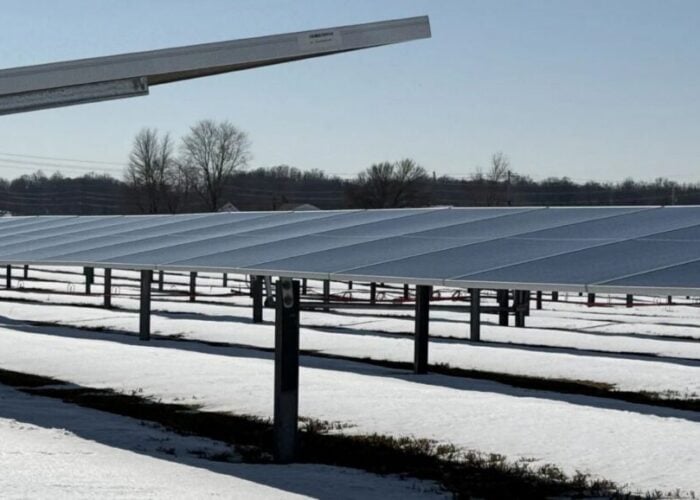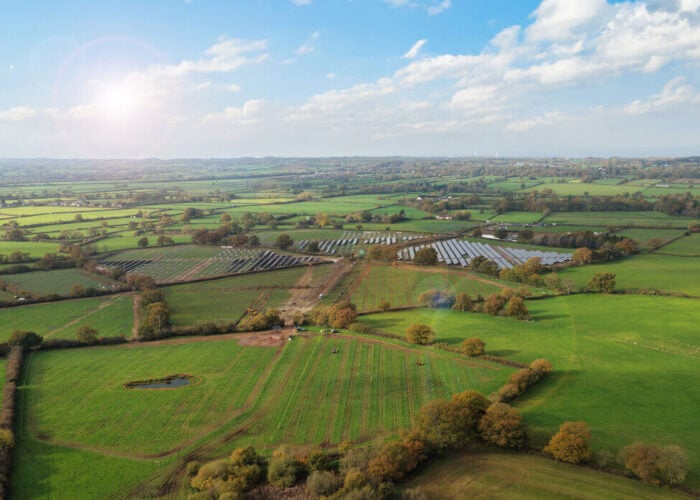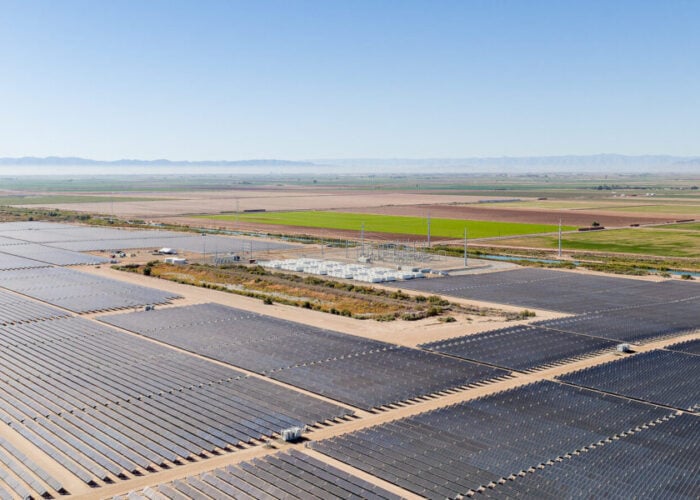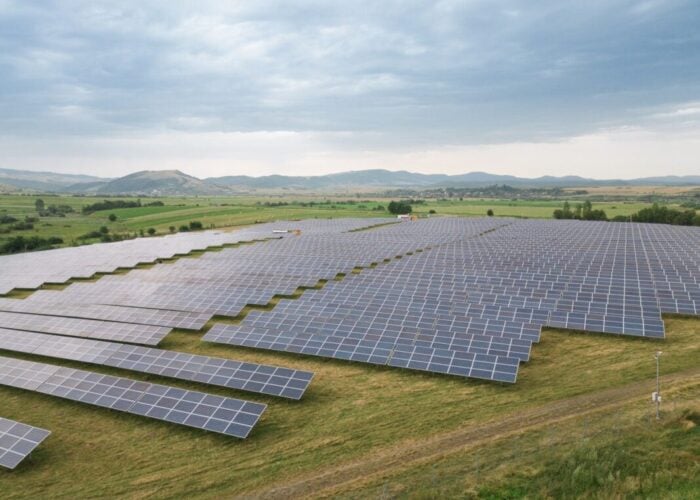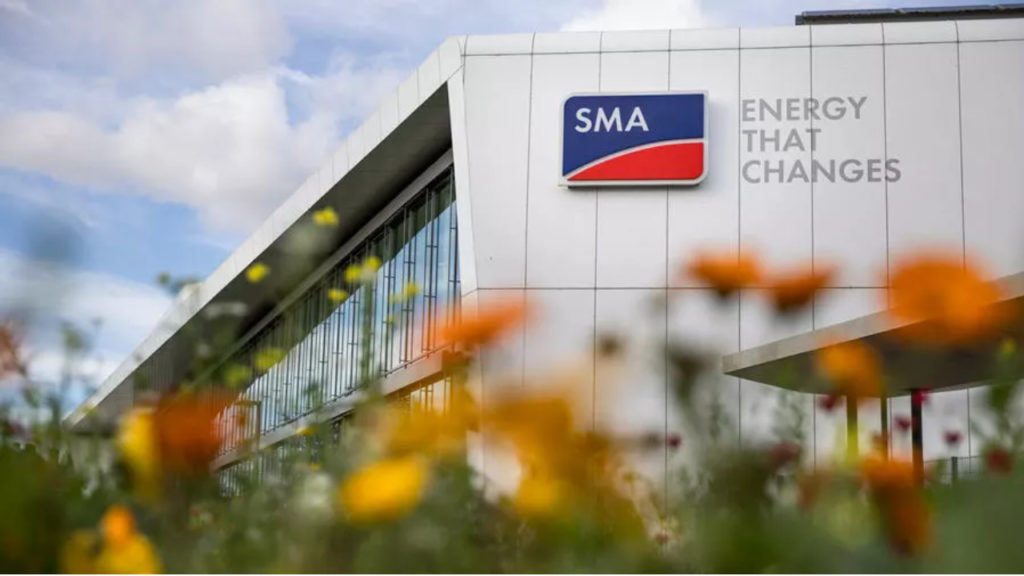
German solar inverter manufacturer SMA Solar will begin local assembly of power systems for large-scale solar and energy storage systems in the US.
SMA said it will begin local “final assembly” of its Medium Voltage Power Station (MVPS) in the US. The MVPS comprises a central or battery inverter with a transformer and medium-voltage switchgear. The first US project featuring the product is expected in the first quarter of 2026, SMA said, with a “phased rollout” planned for Q2.
Try Premium for just $1
- Full premium access for the first month at only $1
- Converts to an annual rate after 30 days unless cancelled
- Cancel anytime during the trial period
Premium Benefits
- Expert industry analysis and interviews
- Digital access to PV Tech Power journal
- Exclusive event discounts
Or get the full Premium subscription right away
Or continue reading this article for free
“Domestic integration helps shorten project timelines, reduce shipping complexities and may contribute to domestic content strategies under the Inflation Reduction Act (IRA), depending on how customers structure their solutions,” said Jay Arghestani, managing director of large-scale sales, technology and marketing for SMA America.
SMA said the share of “locally sourced and assembled components” would gradually increase during the product’s rollout in the US market.
The IRA domestic content adder, in its current form, offers a bonus 10% tax credit on top of the standard rate to projects which meet the required threshold of US-made products or components.
However, the fate of many of the IRA’s clean energy provisions has been thrown into uncertainty after a proposed bill which passed through the US House of Representatives last week. PV Tech Premium analysed the ambiguity of the bill’s language earlier this week. It is unclear exactly how the domestic content portion of the IRA will fare in the future, though it is unlikely to be the most severely affected.
Moreover, SMA Solar’s announcement comes in the context of ongoing trade tensions between the EU and the US. Amid further uncertainty over potential tariffs on European goods entering the US, Germany-based SMA could find a competitive edge in conducting final assembly of its offerings in the US and relying on a growing share of domestic, tariff-free components.
SMA Solar and its competitors have endured financial and market difficulties in recent months, primarily due to waning demand in major global residential and small-scale solar markets. Residential inverter sales fell by 65% in Q1 2025 compared with the same period in 2024, according to SMA Solar’s financial report, and has been on the decline for the last 12 months.
A feature published in the most recent edition of our quarterly journal, PV Tech Power, explored the market dynamics affecting inverter producers and the technological shift the industry is undergoing as more complex, digital products come to replace standard solar inverters.


